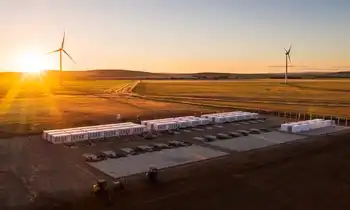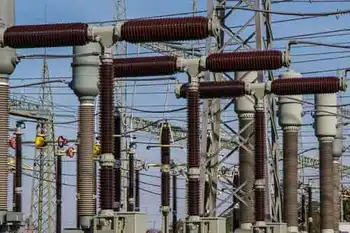Hydro-Québec launches plug-in vehicles project
The goal of vehicle-to-grid V2G systems is to use the electricity stored in the batteries of plug-in vehicles as backup energy for electricity grids, such as the Hydro-Québec power system, during peak periods.
Vehicle-to-home V2H systems, on the other hand, allow plug-in vehicle owners to use the energy stored in the battery as a temporary power source during outages, as they would a generator.
To carry out the project, IREQ will assemble an electric test vehicle that will showcase Québec-designed technologies. TM4, a Hydro-Québec subsidiary, will supply a latest-generation TM4 MФTIVE electric power train system.
B3CG Interconnect, a company from Saint-Eustache, along with its partners, the Centre National du Transport Avancé national centre for advanced transportation in Saint-Jérôme and Brioconcept, based in Laval, developed a bidirectional charger that will be integrated to the charging station built.
Exchanging power between vehicles and the home or the grid is a promising development opportunity. "We would like to better define the long-term potential of this technology," said Denis Faubert, General Manager of IREQ. "Through this initiative, Hydro-Québec will continue to spearhead the integration of electric vehicles into the power system and become a showcase for Québec know-how."
The project will receive financial support from the Québec government as part of its 2011 to 2020 Action Plan for Electric Vehicles. This plan gave Hydro-Québec a mandate to define the implications of these innovative concepts and to carry out all required experiments.
"The Hydro-Québec project is a unique occasion to develop GRIDbot Canada's V2G and V2H technologies. Our Shawinigan-built bidirectional charging station will be based on the ingenuity developed here in Québec with the support and expertise of the IREQ team," said Éric Martel, administrator and project manager at GRIDbot Canada.
"This type of project is important for Hydro-Québec since it allows us to work with our partners in Québec to develop promising and interesting long-term technologies for our customers who will purchase plug-in electric vehicles," added Pierre-Luc Desgagné, Senior Director - Strategic Planning at Hydro-Québec.
Related News

N.L., Ottawa agree to shield ratepayers from Muskrat Falls cost overruns
ST JOHNS - Ottawa and Newfoundland and Labrador say they will rewrite the financial structure of the Muskrat Falls hydro project to shield ratepayers from paying for the megadam's cost overruns.
Federal Natural Resources Minister Seamus O'Regan and Premier Dwight Ball announced Monday that their two governments would scrap the financial structure agreed upon in past federal-provincial loan agreements, moving to a model that redirects benefits to ratepayers.
Both politicians called the announcement, which was light on dollar figures, a major milestone in easing residents' fears that electricity rates will spike sharply when the over-budget dam comes fully online next year.
"We…





